Why living on the breadline is especially hard in Switzerland
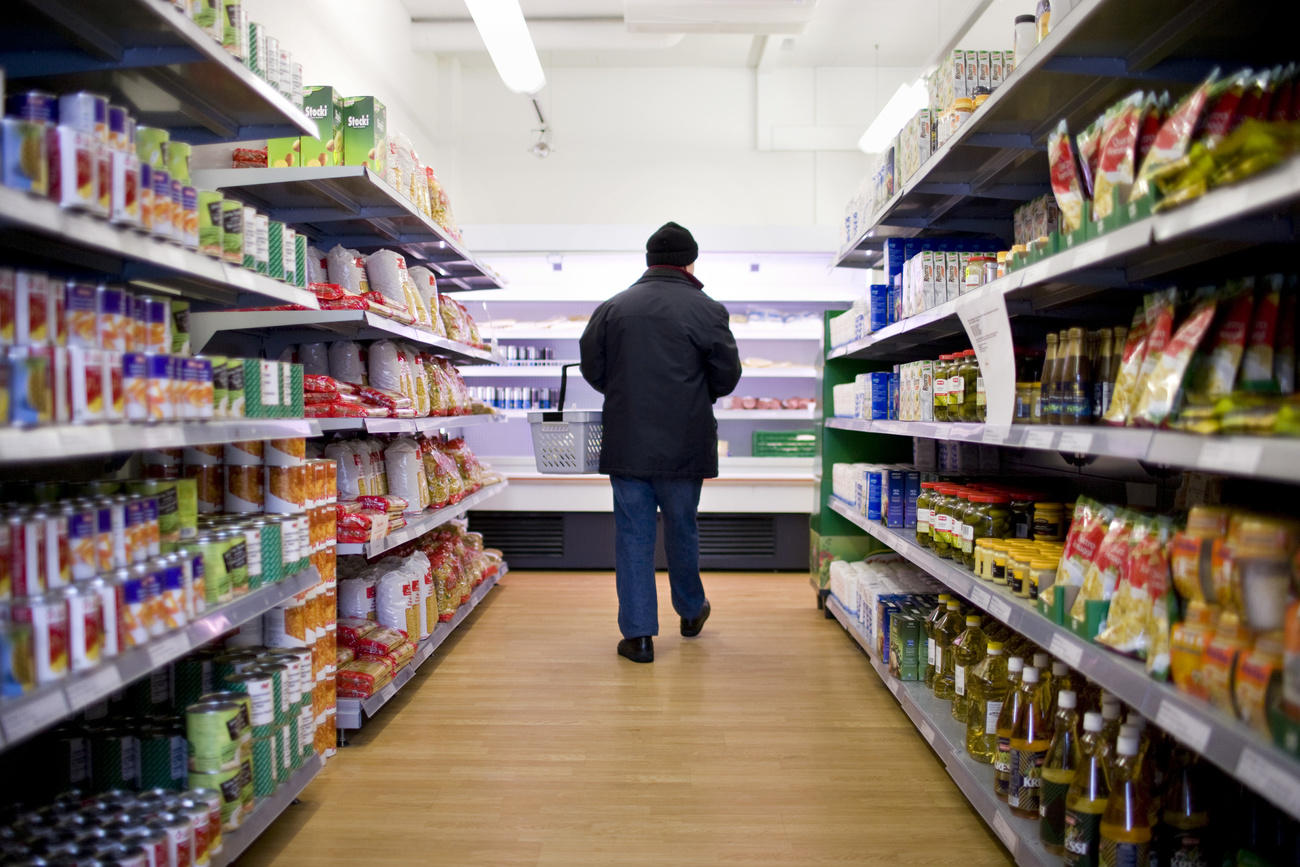
In a wealthy country like Switzerland, people on a low income are often forced to spend much more than necessary, making it especially hard to make ends meet.
Switzerland is one of the richest countries in the world. According to the Credit Suisse Global Wealth Report 2018,External link the average fortune of a Swiss adult stood at $530,240 (CHF527,707). However, wealth and income are unevenly distributed.
Around 8% of Swiss people are considered poor, while 3.5% are on welfare.
How to cope with little money?
“People on a low income are under a great deal of pressure in Switzerland,” explains Andrea Schmid-Fischer, president of the consumer organisation Budget Advice SwitzerlandExternal link.
Even people in the lower-middle-income bracket risk slipping down the ladder. Between 2016 and 2017, poverty in Switzerland increased by almost 10%.
Living costs are on the rise, while salaries are stagnating. According to a survey by the US investment firm BlackRock, the number one worry among 55% of the Swiss population is their personal financial situation.
Having children, filing for divorce or retiring can have a significant impact on a household budget. And those with lower education levels are often poor in Switzerland.
Forced to spend
The fact that many Swiss are wealthy makes life especially difficult for the poor. This is not just a social problem, but also because the rich force the poor to spend more money than necessary.
Take health insurance, for example. With constantly rising health insurance premiums for the compulsory basic insurance, the poor are forced to co-finance benefits they could do without. Following a popular vote, the basic insurance now covers homeopathy and alternative treatments such as acupuncture, traditional Chinese massages and other wellness treatments. The costs for fixing complications after plastic surgery are also covered. More and more hospitals only have single rooms or a maximum of two beds, instead of offering cheaper rooms with several beds.
The health insurance firm Assura believes that “comfort services” are increasingly paid for at the expense of the general public. The healthcare insurance umbrella groups, santésuisse and Curafutura, also agree that the basic insurance covers more and more benefits.
“We are particularly worried about benefits that don’t improve the patients’ health and could even be damaging,” says Christophe Kaempf of santésuisse. “The government estimates the share of unnecessary benefits to be around 20%.”
Another problem is housing. The Swiss are big investors in real estate but much of it is luxury accommodation, making it almost impossible to find something more modest or cheaply priced. In Switzerland, five people are not allowed to live in a two-room (one-bedroom) apartment – this is regarded as over-exploitation. Switzerland doesn’t have cheaper housing options, such as trailer parks. Housing costs are probably the highest expenses for the lower and middle classes.
Big moaners?
Of course, when comparing different countries, poverty is relative. In Switzerland, single people who live on less than CHF2,259 a month, or a family of four earning below CHF3,990 a month, are considered poor. In Russia, however, more than 12% of the population lives on less than 11,162 rubles (CHF174) a month.
But the cost of living is naturally higher in Switzerland than in Russia, which makes it difficult to compare. Let’s have a look at an average Swiss budget.
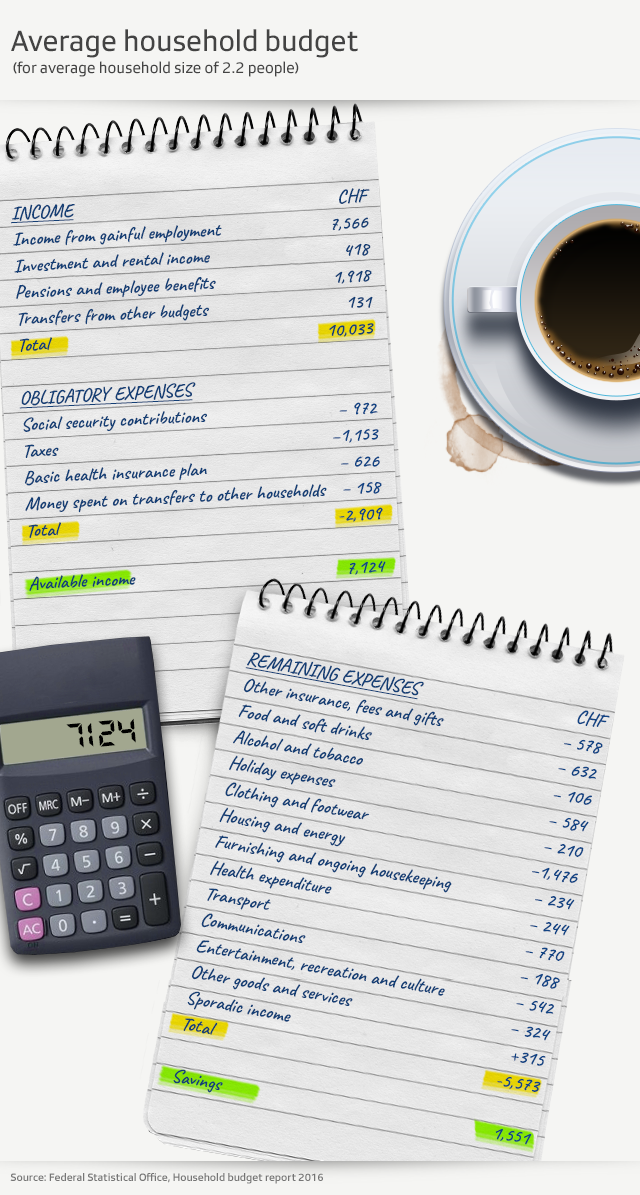
“Taxes, rent and housing are the classic high fixed costs. And those on low income therefore do not have much money left for other expenses,” says Schmid-Fischer. According to government figures, households with a gross monthly income of under CHF5,000 are unable to save any money.
This can be particularly problematic in Switzerland where people are often faced with unexpected high expenses. Dentists and opticians are, for example, not covered by health insurance. Glasses, hearing aids and certain drugs all have to be paid for by patients.
What is it really like to live on the minimum subsistence level in Switzerland? I tried it for one month:
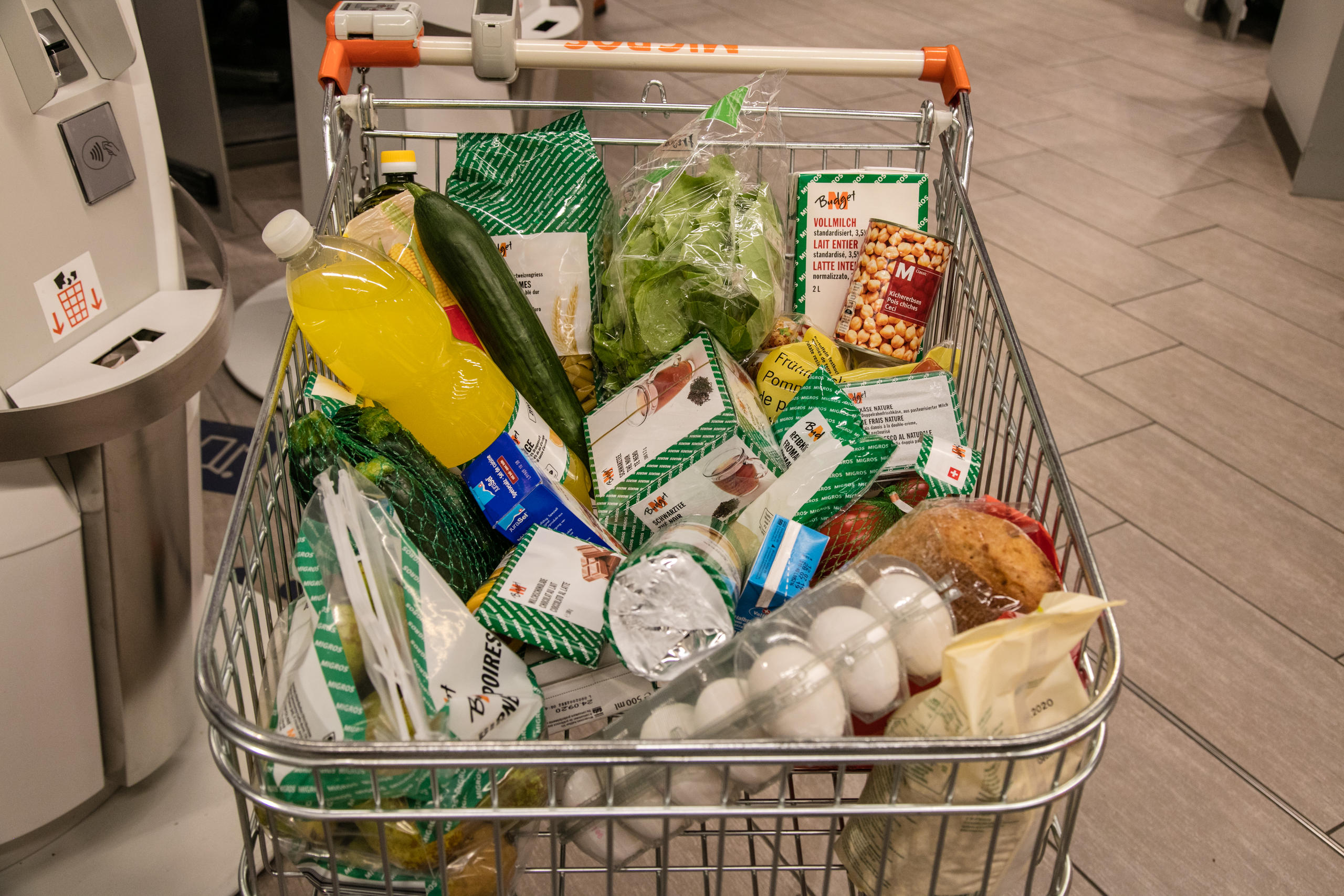
More
Experiencing the stress of poverty in Switzerland
In 2016, the subsistence minimum income in Switzerland was set at CHF2,247 ($2,355) per month for a single person and at CHF3,981 for two adults with two children.
People living on social benefits receive a basic allowance of CHF986 per month, depending on the canton. This must cover food, clothing, cleaning, personal hygiene, transport and communication. Rent, health insurance and health costs are covered separately.
Pensioners on supplementary benefits are assumed to need a minimum of CHF1,621 francs.
Asylum seekers receive CHF290 per month if they live in a centre. Otherwise, depending on the cantons, about CHF485 francs per month.
If you have debts, you are left with a minimum subsistence allowance of 1200 francs per month, in addition to health insurance and rent.
By way of comparison, the gross median salary in Switzerland is around CHF6,500 per month.
Translated from German by Billi Bierling

In compliance with the JTI standards
More: SWI swissinfo.ch certified by the Journalism Trust Initiative


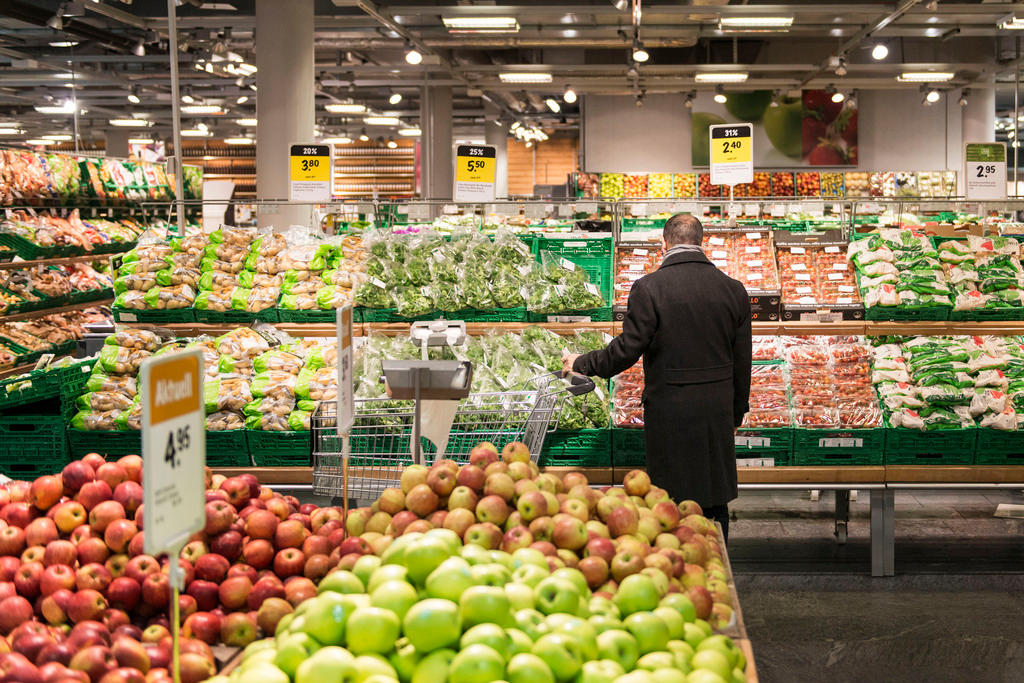
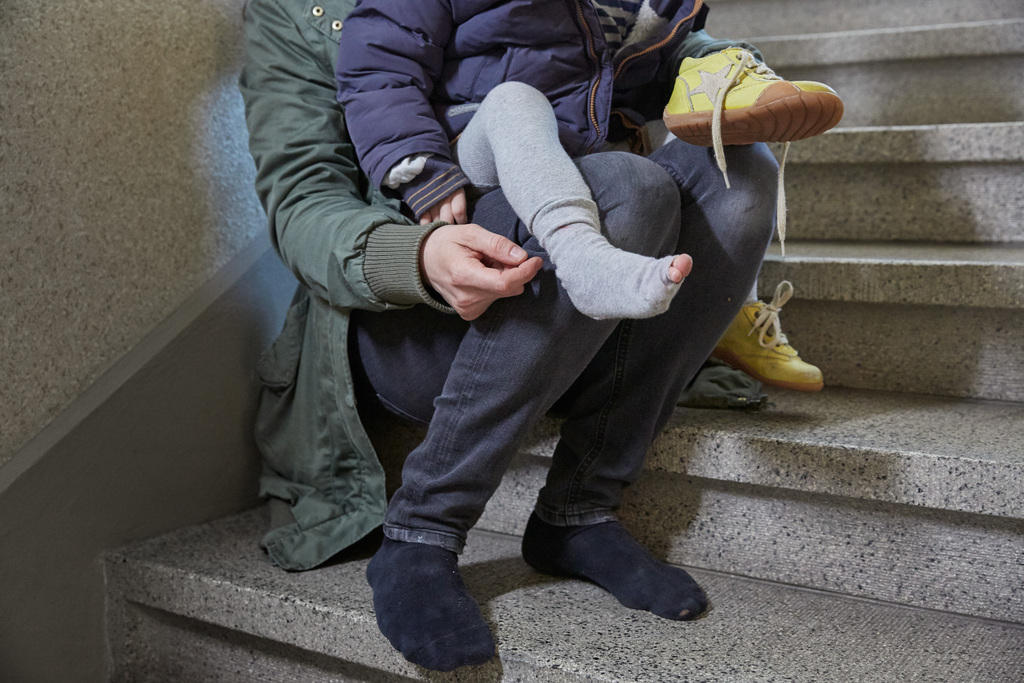

You can find an overview of ongoing debates with our journalists here. Please join us!
If you want to start a conversation about a topic raised in this article or want to report factual errors, email us at english@swissinfo.ch.